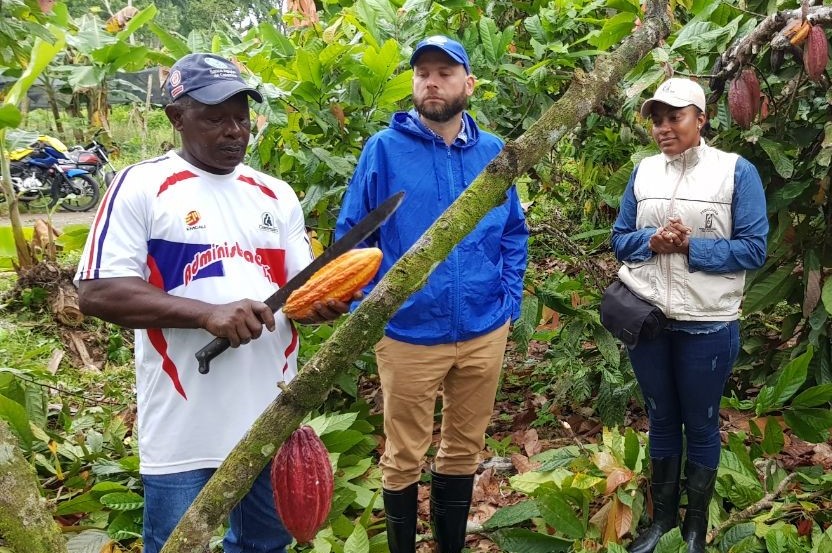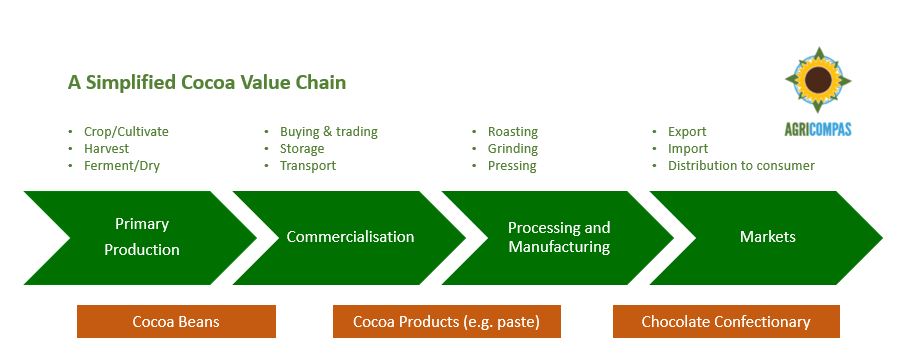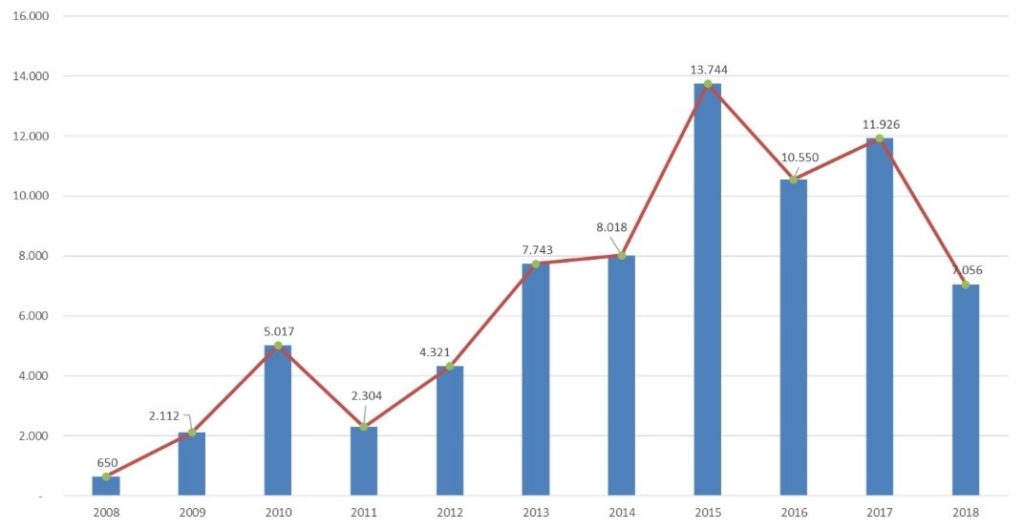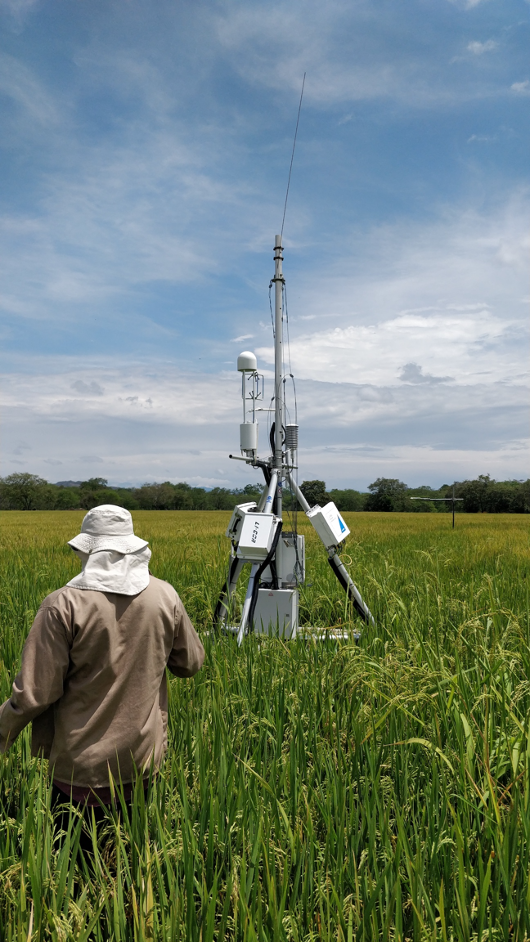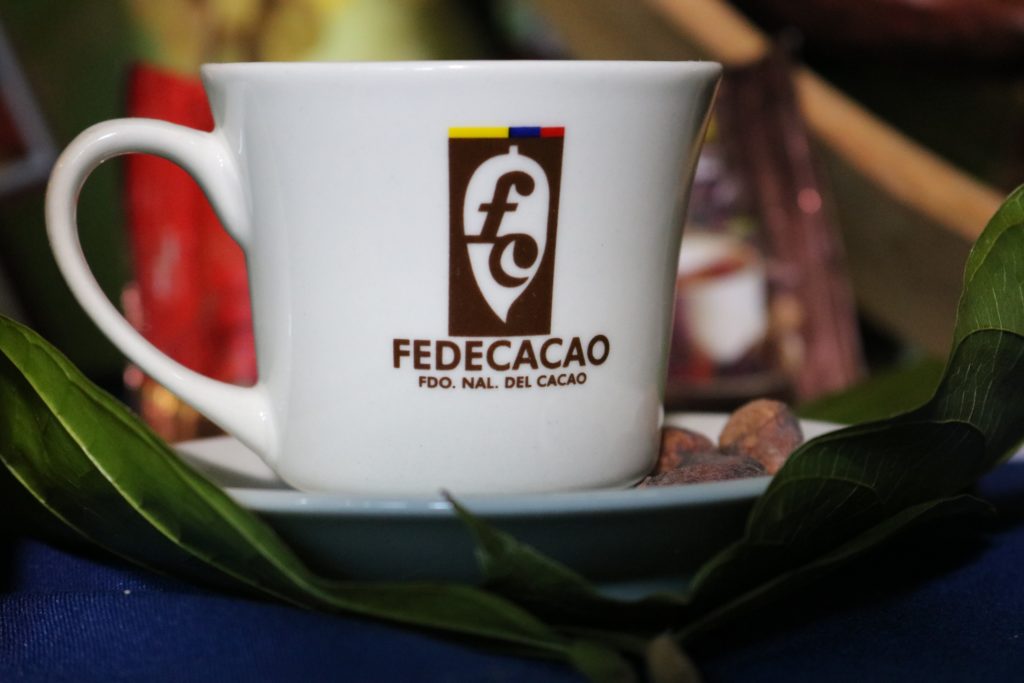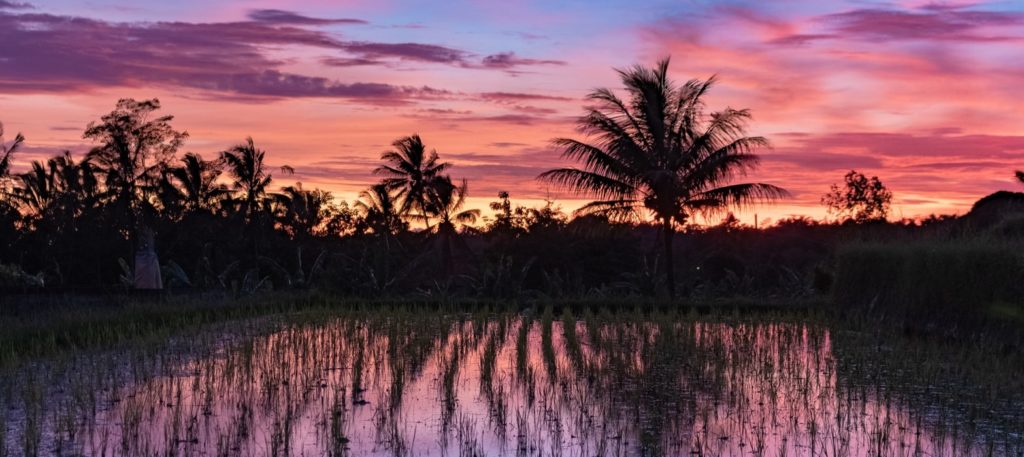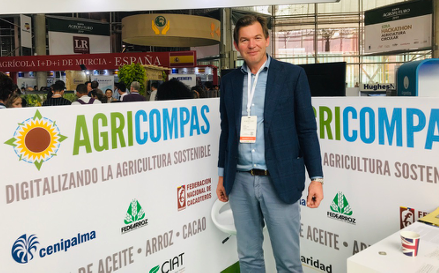By Simon Dzurjak, Data Analyst at Agricompas
With the advent of the big data era, the way we gather insights about processes affecting our everyday lives has changed dramatically, and the domain of agriculture and food production is no different.
As a result of the widespread availability of various sensors, from satellites and UAVs, to climate and soil measurement hardware on farms, we can now gather data at unparalleled rates and volumes. However, in its raw state, the data we collect often provides little, if any, insight. These raw measurements need to be processed and analysed through complex pipelines to be turned into a valuable product.
The engine responsible for driving the change of raw data into worthwhile insights is data analytics.
Data Analysis for EcoProMIS
Since joining Agricompas in July, I have been working on ensuring that the EcoProMIS data which is stored and arrives on our cloud platform, is as high quality as possible. Analytics and predictions are only ever as good as the data from which they are sourced, hence rigorous checking of data quality is always a necessary layer in data intensive projects. To help with this, I wrote a number of programs generating data quality statistics, which will ensure that any analytics we produce will be reliable and trustworthy.
The statistics produced by these scripts are then visualised and fed into internal dashboards, which provide a quick and intuitive way of keeping an eye on our data and making sure that it looks the way we expect it to.

Eddy Covariance Data
So far, one of my most enjoyable (but challenging) experiences was working with large eddy covariance tower datasets. Eddy covariance towers are brilliant at logging and producing rich atmospheric chemistry flux datasets allowing us to understand the minute gas exchange processes in agricultural fields. This data is important for our crop modellers, allowing them to produce various models capable of predicting crop phenology and yields.
However, due to the way that the hardware transmits the data, it is common for gaps in data to form (e.g. as a result of signal loss). Luckily, with the power of statistics, we can accurately discern the missing values and fill the gaps in the data. Working closely with the crop modelling team, after many discussions and much research, we have successfully automated this process, and allowed ourselves to further iterate and improve on it if need be in the future.
Integrating Diverse Data
As for the future, I also look to my past and hope to bring some of my previous experience in working with remote sensing and Earth observation data into our platform. Integrating and tying all the data types together will be a big challenge, however I am certain that it will bear fruit and truly create a platform which will make farming easier, more precise and more sustainable.
With advances in computational power and the high quality data available to us, I believe that data analytics and artificial intelligence will play a key role in revolutionising agriculture, and it is rewarding to be a part of a team making this happen. Combining multiple sources of data together into a single product will allow us to create a platform capable of supporting decisions via accurate insights and improving the ease with which farmers grow crops like never before.
